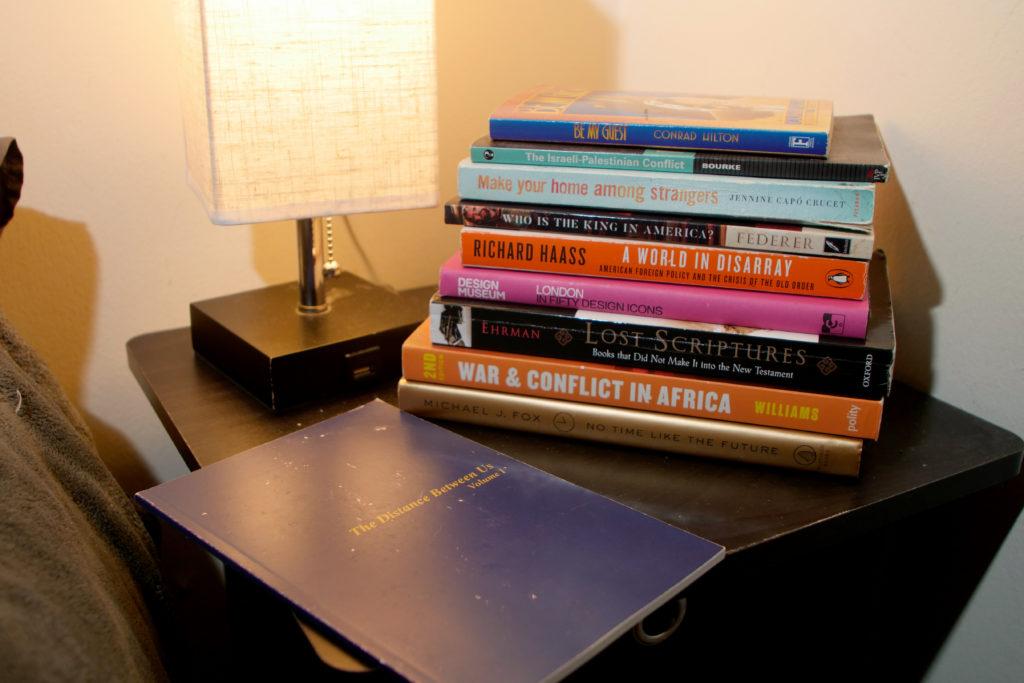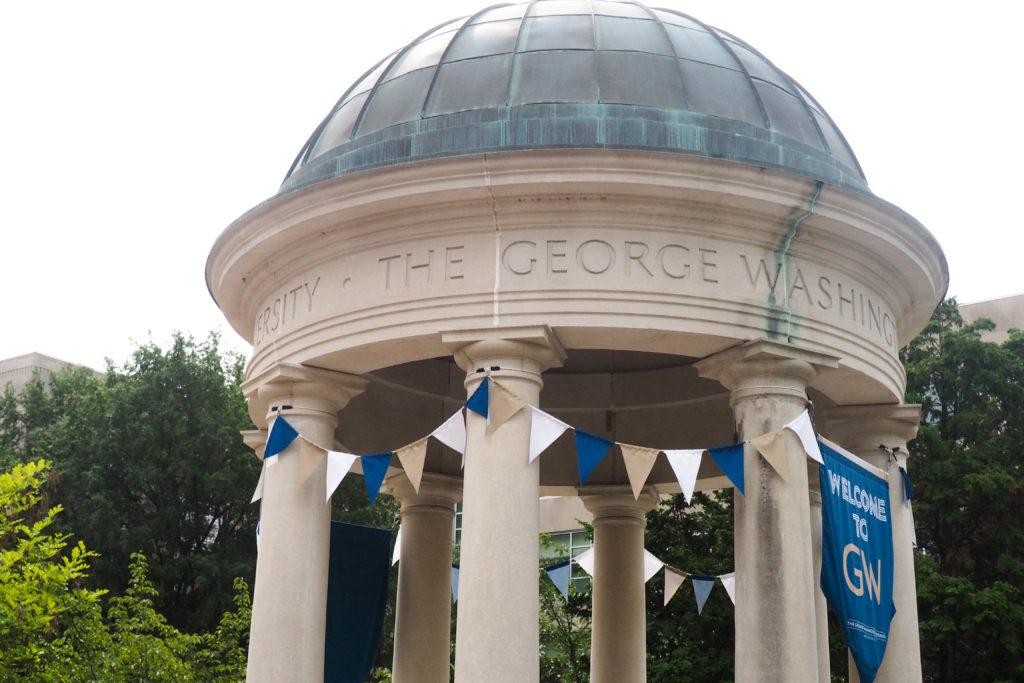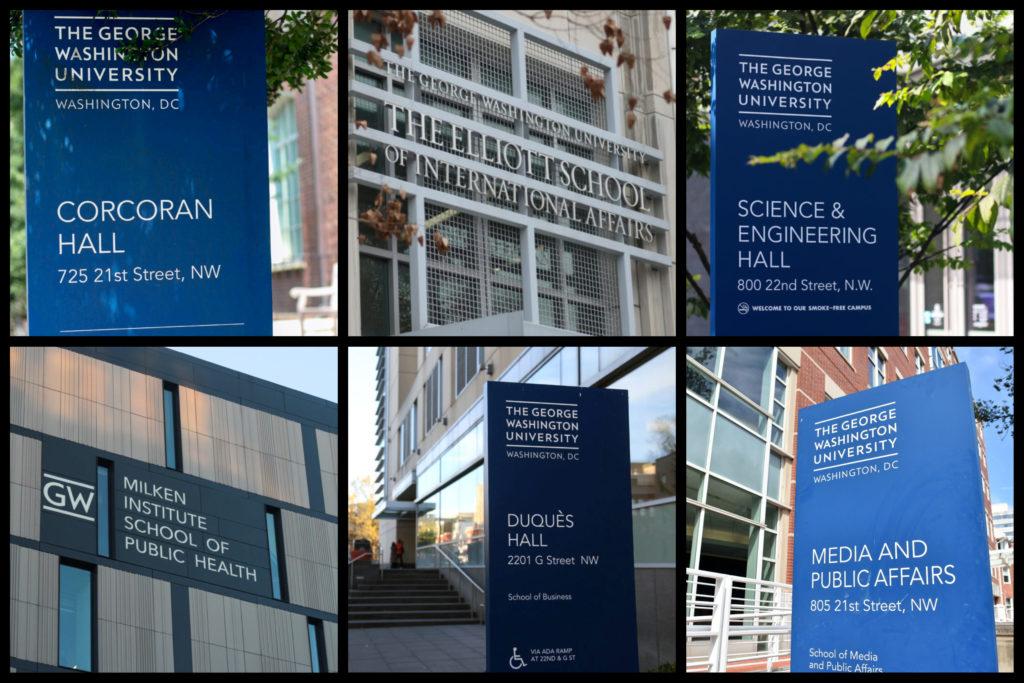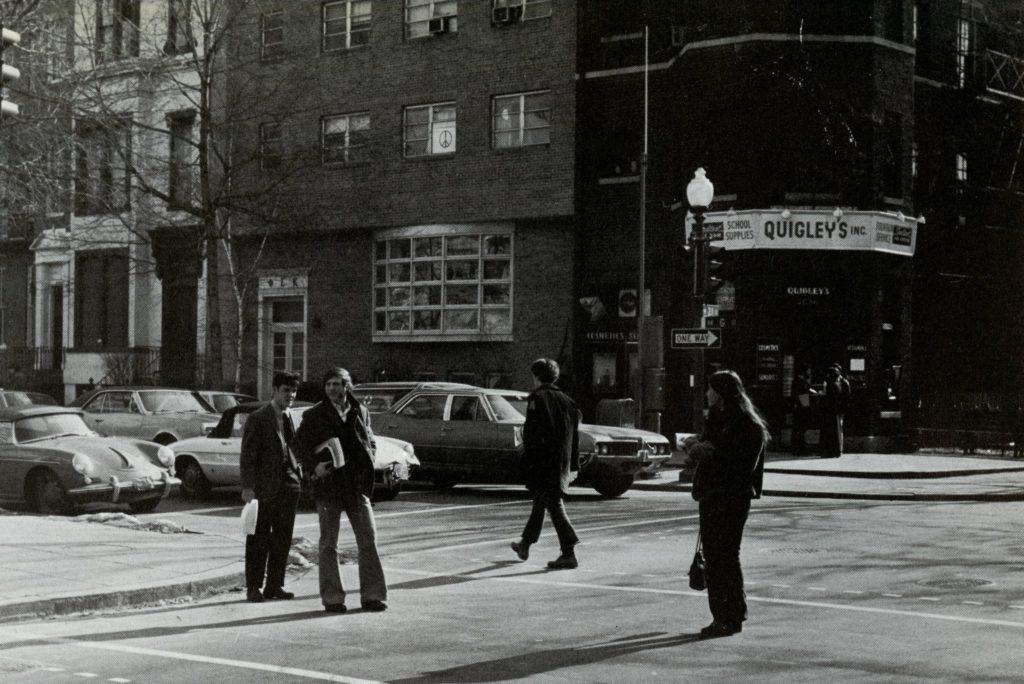A few things can be expected if this is your first year on campus – you’ll have lots of late nights, find yourself at a few questionable parties and feel the burden of overpriced textbooks.
Students shell out money for books they would never read on their own only to be left with useless books they need to pawn off to someone else at the end of the semester. But not every textbook is necessary, and students often spend too much on the textbooks they do buy.
If you find yourself overwhelmed your first time shopping for textbooks, keep these tips in mind:
Do you need your books at all?
If you’ve ever been assigned a $100 textbook you didn’t touch for the entire semester, you’re not alone.
If you see a pricey textbook on your reading list, check the syllabus for assigned readings from the book. If reading isn’t assigned for the textbook, it’s likely intended as a study resource. In that case, online learning resources like KhanAcademy often work just as well. Or, ask a friend who took the class. Chances are the textbook is a useful resource, even if it’s not assigned reading.
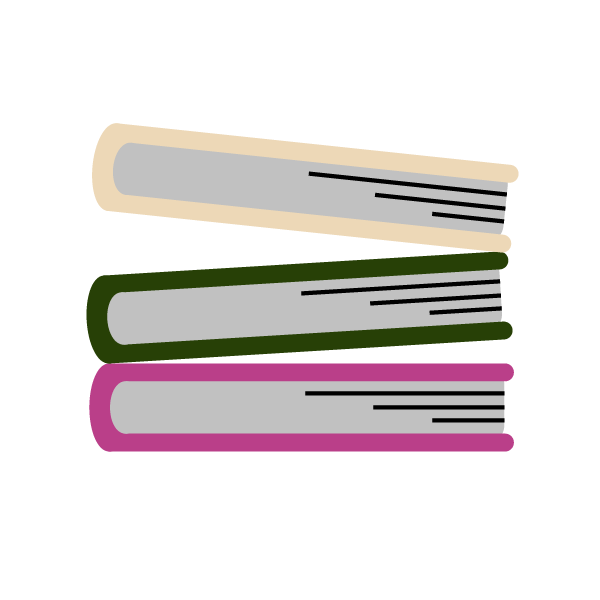
Nicholas Anastacio | Graphics Editor
If you do need a book, perhaps you don’t need to buy a physical copy — Project Gutenberg is a website where you can download eBook versions of books with expired copyrights, published more than 95 years ago. Or, search online “[Textbook Name] pdf,” and you might get lucky and find an uploaded version of the book.
Having fun isn’t hard when you’ve got a library card
You may know your local library as the home of spinsters shushing patrons and books stained with something you hope is ketchup, but if you’re looking to save money on books, libraries are a great resource.
Consider checking out the D.C. Public Library for any novels and popular nonfiction you’ve got on your syllabi. Get a library card for free and get access to the thousands of books the DCPL has to offer. The West End Neighborhood Library location is within walking distance from the Foggy Bottom campus, and for you Vernies, the Palisades location is just a 10-minute walk away. Keep in mind that you can only check out a book for three weeks at a time, but you can renew most books for another three weeks if needed. If you can’t find a book you need at your local library, try using the hold system, and you’ll get the book in a few days.
If you want to read on the go, check out Libby, an app that allows you to download books from DCPL on your iPad or iPhone.
If you need an academic textbook, try GW Library’s Top Textbooks program. This gives you just three hours with a textbook before you need to give it back, but you won’t need to pay a dime. Many students use this as a resource for completing assigned problems or question sets in textbooks without having to buy the book. The only downside is that the most popular textbooks can be in high demand, so don’t count on this method during finals or midterms.
You can also try creating your own de facto library with friends. If you and a couple of other people need the same book for a class, buy one copy or online login and split the price between you. You probably don’t need your biology textbook 24/7 anyway.
Buy used and save
We all know that used books are less expensive than new but even GW Bookstore’s used prices can get steep. Instead, try online sources like AbeBooks and ThriftBooks, where you can often find your textbooks for less than a third of their original price.
This does mean that you’ll need to plan ahead a bit because shipping from these websites can take about a week or longer. But the GW Bookstore publishes lists of required books for each class before the semester starts so you don’t have to wait for a syllabus to start shopping for books. Often, professors give a week or so at the beginning of the semester before you need your books, but after that, you’ll get behind quickly without them. If you take some time to think ahead, you’ll save quite a bit of money.


